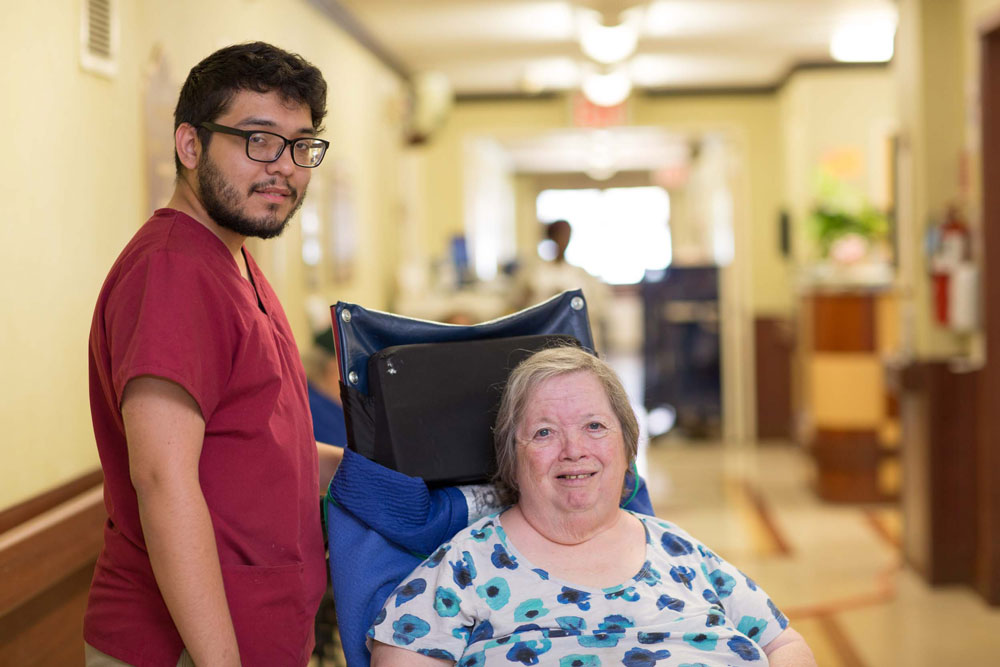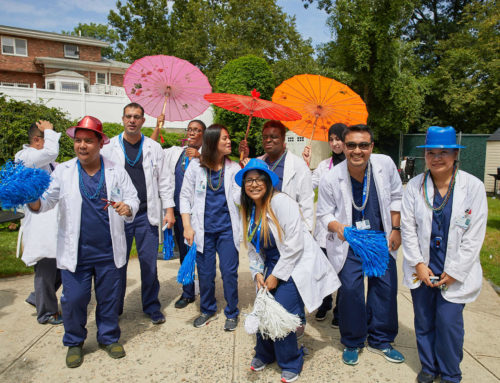Prolonged Surgery Side Effects: Prevent Complications
Surgical procedures are almost perfect, thanks to the marvels of modern science. Of course, the risk of complications after the procedure is still common. These issues can be mild or severe, depending on the cause and how quickly they’re treated. Prolonged surgery side effects are also possible for some individuals.
Post-surgical rehab is vital after a procedure. It helps treat or prevent complications, including wound infections, nerve damage, or depression. These therapies could include wound care, IV therapy, and physical activities. For more information on surgical side effects and how to prevent them, keep reading.

How to Prevent Complications?
- Beat fatigue
To prevent post-surgical complications, there are a few measures you can take. To battle fatigue, try to resume proper sleep habits after returning home. Doing so can be tricky, especially if you’re in pain or have to wake up at night for medication.
To help reduce your fatigue, avoid stimulants, and engage in restful activities before bed. Lowering the lights and covering the windows also helps, as does going to bed at the same time each night.
- Physical activities – start slow
Another powerful remedy for prolonged surgery side effects is physical activities. Though you don’t want to overdo it, especially right after surgery, physical activity is essential for recovery. You may be assigned physical therapy to regain muscle strength and flexibility. Even walking a bit every day or doing chair yoga speeds up healing.
Get active every day, not just few times a week. Train your body for more activities. Start slow and progress gradually towards stronger muscles to regain energy. Your mind also benefits from exercise, reducing anxiety and depression for a better outlook.
- Mental care
Following your doctor’s orders is crucial to avoid prolonged surgery side effects, including wound care and going to follow-up appointments. It’s also important to pay attention to any mental, or emotional changes. Taking great care of your mental health will make the physical healing easy too. Make a note to discuss them with your doctor as soon as possible, especially any negative symptoms.
Prolonged Surgery Side Effects
Not everyone experiences the same complications after surgery, though there are a few common issues to watch for. These include rapid blood loss, shock, wound infection, blood clots, lung issues, and urinary retention. Such problems usually occur within the first few days after surgery. They are often treated while the individual is still in the hospital or soon after discharge.
There are also a few prolonged surgery side effects that could occur. One issue is fatigue, which could have several causes. Your body is healing after surgery, which depletes your energy levels. Your sleep patterns may also be altered due to discomfort, pain, anxiety, or recovery from the anesthesia used.
Post-operative delirium or cognitive dysfunction are also possible long-term complications after surgery. Though the confusion or memory loss doesn’t last long in most individuals, some people experience prolonged issues. Such memory or learning problems are common in seniors or those with heart disease, stroke, Parkinson’s, or Alzheimer’s.
Another of the prolonged surgery side effects is depression. Though the depressive symptoms are caused by worry and pain before surgery, they can also cause issues afterward. Depression slows healing, reduces immunity, and leads to cognitive problems if not treated. In some cases, this side effect can last months or even years after the procedure.
Resources:
https://www.hopkinsmedicine.org/health/treatment-tests-and-therapies/after-surgery-discomforts-and-complications
https://www.asahq.org/madeforthismoment/anesthesia-101/effects-of-anesthesia/#:~:text=Postoperative%20delirium%20or%20cognitive%20dysfunction,learning%20problems%20in%20certain%20patients.
https://findanexpert.unimelb.edu.au/news/5575-health-check–why-can-you-feel-groggy-days-after-an-operation%3F
https://www.ncbi.nlm.nih.gov/pmc/articles/PMC4736276/
https://www.reidhealth.org/blog/5-ways-physical-therapy-can-help-you-recover-from-surgery#:~:text=Exercises%20and%20movement%20done%20during,and%20return%20to%20daily%20activities.
This article contains informational and educational materials and does not replace health or medical advice. For questions or concerns regarding your medical condition or health objectives, speak to a qualified physician or healthcare provider.






Leave A Comment